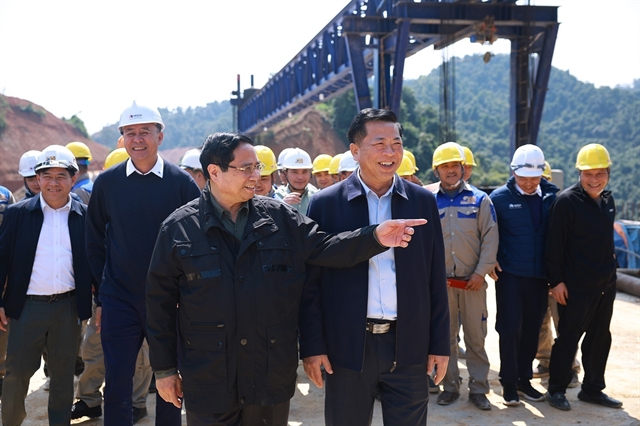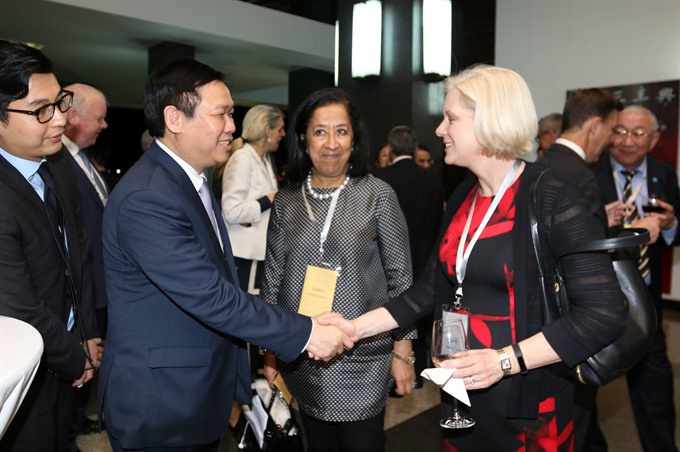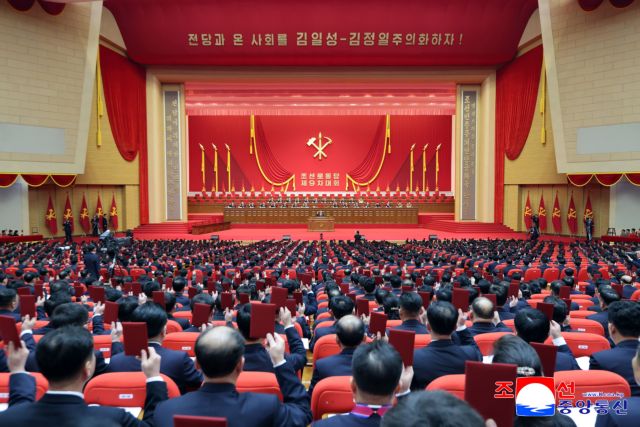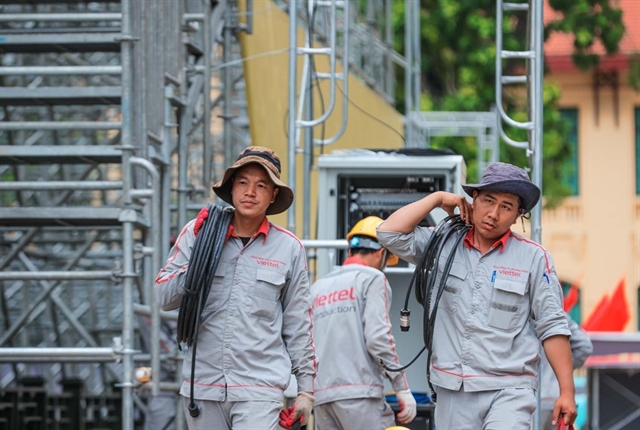 Society
Society

" />Việt Nam’s new developmental model will not sacrifice environmental standards and social equality for growth goals, Deputy Prime Minister Vương Đình Huệ said at the 2017 Spring Forum held by the Asia Business Council on Thursday in HCM City.
 |
| Deputy Prime Minister Vương Đình Huệ (left) shakes hands with Asia Business Council representatives. — VNA Photo Thanh Vũ |
HCM CITY — Việt Nam’s new developmental model will not sacrifice environmental standards and social equality for growth goals, Deputy Prime Minister Vương Đình Huệ said at the 2017 Spring Forum held by the Asia Business Council on Thursday in HCM City.
Accepting high standards on the environment shows that Việt Nam wants to have sustainable elements in economic development, Huệ said at the forum. which attracted many leaders of industry, IT and financial corporations in Asia.
After many years of growth based on natural resource exploitation and cheap human resources, the country’s growth has slowed down and is falling into the “middle-income trap,” he said.
Việt Nam has reformed its growth model from being dependent on natural resources and cheap labour to focusing on creativity, productivity, quality and effectiveness, Huệ said.
It has carried out many activities to reform public investment, state enterprises, the financial system and budget expenditures.
Its doors are open to foreign investors, but the country will refuse projects that adversly affect the environment.
Providing electricity and the internet to rural areas and islands in the country shows that the government is determined to have equitable growth, Huệ said.
Việt Nam had signed many global and regional free trade agreements, Huệ said, adding that, through these agreements, the country had increased its global and regional integration, becoming a trusted partner of other countries.
He said that Việt Nam “accepts competition because it inspires Việt Nam to be creative and prosperous”.
Lubna Olayan, chairwoman of the Asia Business Council, said the council was impressed with the country’s recovery from the global economic recession as well as high growth in the last five years.
The council also praised Việt Nam’s strategy to speed up sustainable and equitable economic development, she added.
Last year, Việt Nam’s exports rose by 9 per cent and foreign direct investment reached a record-high, with more than 110,000 new FDI enterprises. — VNS




